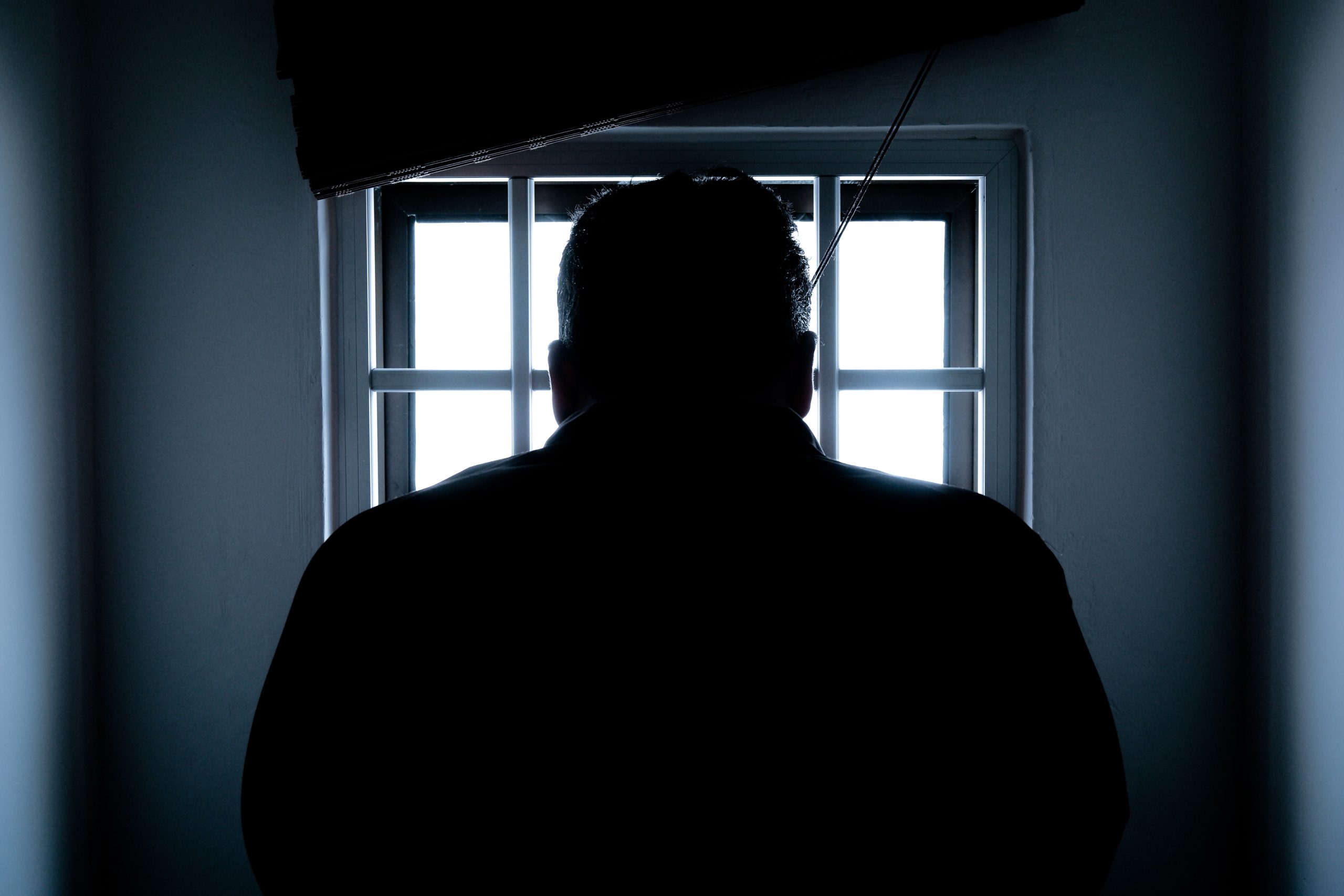MIDDLE EAST (Transatlantic Today) – Shokrollah Jebli has died in a local Tehran prison, possibly under false pretenses of alleged fraud. He passed in the prison hospital over the last week and was aged 83 when he died.
His term had been ongoing, and he had served over two years of his sentence. While there was no confirmation of his allegations leading up to his passing, Amnesty International has been quoted stating that he was tortured in prison leading up to his passing, which has gone unconfirmed and uncommented on by the prison officials or government liaisons of Iran.
Dual national imprisonment has long been a problem in Iran, specifically surrounding issues related to prisoner mistreatment and quality of life crises. The region has made little to no improvement in its jail systems, and there has been widespread corruption throughout the region.
One of the underlying issues that continue to perpetuate the contention between dual nationals and the Iranian government is that the government doesn’t currently recognize dual nationality as a viable state. Because of this, key data points and records around mistreatment and imprisonment have gone unreported and undocumented. There is no current data around the current amounts of prisoners within that class or status, leading many to believe that mistreatment may be prevalent.
Shokrollah’s death was announced by his son, Peyman Jebli, via a social media account that was actively seeking justice for and raising awareness of his father’s treatment at the Tehran prison.
Jebli claimed in subsequent posts that his father was made to sign an agreement in the prison hospital just 24 hours before his death. According to Jebli, the contract was ensuring that the prison was released of all liability regarding Shokrollah’s care, as his health had recently deteriorated.
After several falls and a stroke, Jebli’s family has claimed that Shokrollah’s condition had deteriorated even further due to a lack of adequate medical care throughout his stay in the prison, which aligns with many other stories and claims of dual nationals that have been imprisoned under false or questionable pretenses.
This statement from Jebli also aligns with what Amnesty International was quoted to claim, stating that Shokrollah had been declined adequate care for his health conditions and state as a form of specialized torture, resulting in his subsequent passing a few weeks later.
As his time in prison continued, liaisons from Shokrollah’s home nation of Australia had petitioned the prison and local government for his release, contesting the claims that kept Shokrollah imprisoned. There were also attempts made for humanitarian release requests through the prison system, based on Shokrollah’s age and declining health. Both of which went unresolved and largely unaddressed by the Iranian prison.
Shokrollah Jebli’s death is untimely and unfortunate. While this is a single occurrence of death in the Iranian prison system, it does point to the larger overarching issue of Iran refusing to acknowledge the class of those who have dual nationality but are living domestically within the country, as well as the potential corruption at play through the national prison system.


























